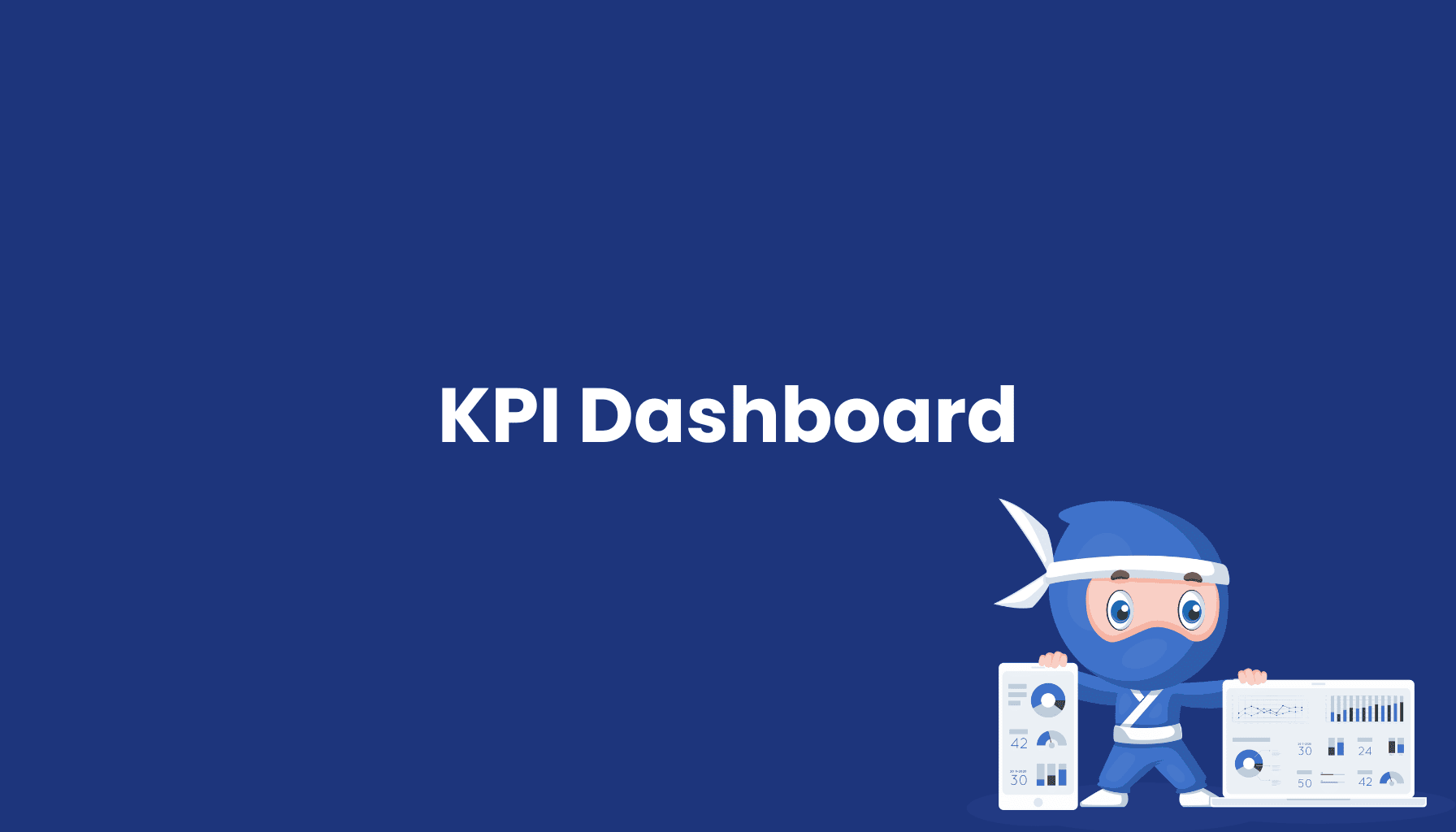KPI Dashboard

What Is a KPI Dashboard?
A KPI Dashboard is a visual representation of a company’s key performance indicators (KPIs). It provides teams and managers with a centralized overview of critical metrics and supports real-time, data-driven decision-making.
The Importance of Key Performance Indicators
Basics of KPIs
- Definition of key metrics
- Alignment with business objectives
- Measurement of progress
- Performance tracking
- Strategic development
Selecting the Right KPIs
- Relevance to the business
- Data measurability
- Informational value
- Comparability over time
- Impact on success
Dashboard Tools and Software
Popular Solutions
- HubSpot
- Datapine
- Geckoboard
- Excel-based tools
- Custom-built solutions
Features of Modern Tools
- Data visualization
- Real-time updates
- Interactive dashboards
- Automated reports
- Templates and customization options
Implementing a KPI Dashboard
Key Steps
- Define strategy
- Select relevant KPIs
- Connect data sources
- Design visualizations
- Involve teams
Best Practices
- Clear structure
- Intuitive usability
- Relevant information
- Current data
- Customizable views
Visualization of Metrics
Display Formats
- Interactive graphics
- Dynamic tables
- Performance charts
- Trend analyses
- Social media metrics
Dashboard Design
- Clear layout
- Color coding
- Intuitive navigation
- Highlighting key KPIs
- User-friendly interface
Benefits for Businesses
Operational Advantages
- Faster decision-making
- Transparent performance measurement
- Efficient monitoring
- Early warning system
- Growth tracking
Strategic Value
- Measure goal achievement
- Identify trends
- Build organizational knowledge
- Improve performance
- Manage changes effectively
Practical Examples and Applications
Typical KPI Areas
- Sales metrics
- Financial metrics
- Productivity metrics
- Customer satisfaction
- Process efficiency
Industry-Specific Examples
- E-commerce dashboards
- Production KPIs
- Marketing metrics
- HR performance indicators
- Logistics metrics
Trends in Dashboard Development
Technological Innovations
- AI integration
- Predictive analytics
- Mobile dashboards
- Cloud solutions
- Automated reporting
Future Perspectives
- Advanced data integration
- Enhanced visualization techniques
- Intelligent analytics
- Personalized dashboards
- Real-time collaboration
Conclusion: Dashboards as a Foundation for Success
An effective KPI dashboard is indispensable for successful business management. The combination of modern dashboard tools, meaningful KPIs, and professional data visualization enables companies to continuously monitor and improve performance. By leveraging the right software and tools, teams can track goals more effectively and make informed, data-driven decisions.





